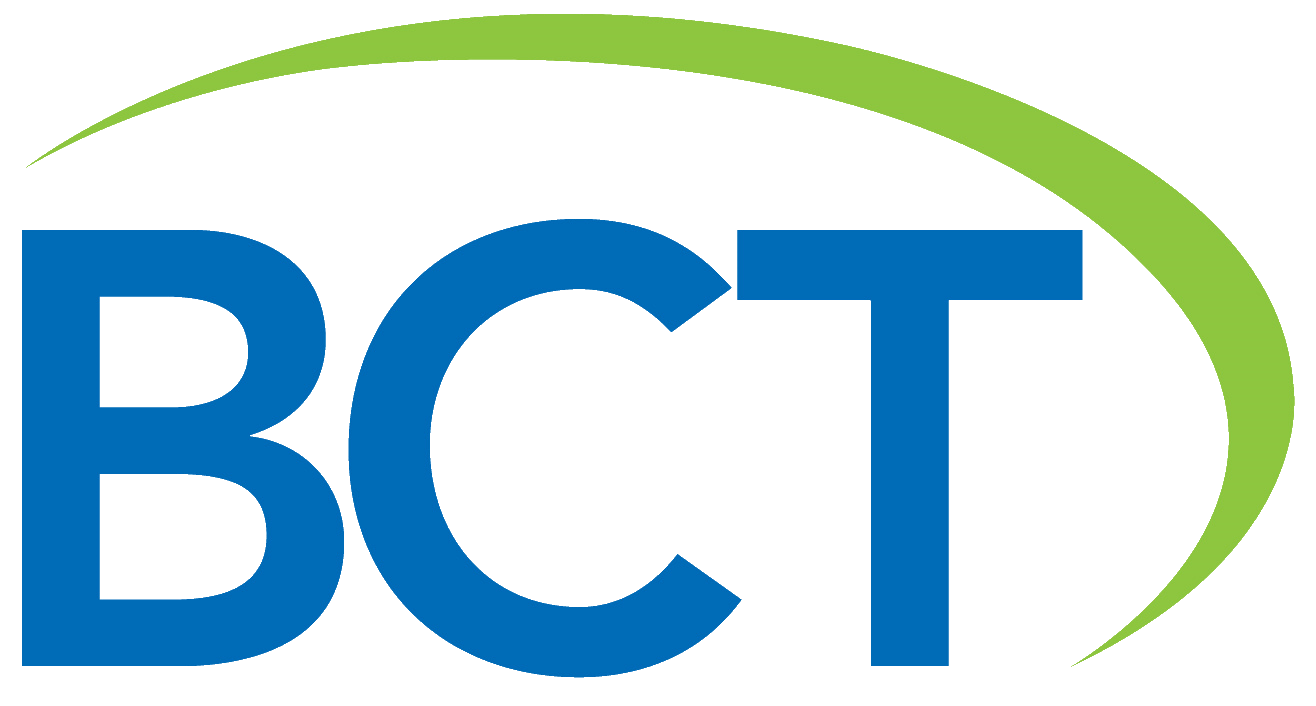What are Telephone/Voice Scams?

The telephone remains a key weapon for scammers to get your personal information or money. 1 in 3 cases of reported fraud in 2020 were performed by telephone call. Scammes use all kinds of tactics to cheat you out of your money over the phone. Sometimes they promise prizes in a friendly manner. Other times they might threaten or try to scare you.
Telephone scammers, like any other form, try to obtain your personal information, or get you to pay them money directly. Secure or personal information could be your bank account, social security number, passwords, and any other personally identifying information that could help the scammer steal your identity.
Sometimes the only goal of a phone scam is to record your voice to authorize future charges on your credit card or utility bills. Scammers often only need you to say "yes" to the question "are you there?" to fake your authorization on accessing your protected accounts and information. Instead a good alternative would be to say "speaking" when asked that question to avoid this scam.
How to Recognize a Phone Scam
- A prize is offered - "Congradulations, you've been selected..." is a common phrase where the scammer promises money, vacation, or other prize. They will eventually ask for some sort of monetary or personal information.
- Threats of being arrested - The call is pretending to be law enforcement or a federal agency, trying to scare you into paying fee to avoid a larger "fine", being arrested or deported. Real law enforcement and federal agencies won't call and threaten you.
- Pressure and urgency - Trying to impose a strong pressure to make a descision right now on the phone is a common tactic for scammers. Most legitimate businesses and institutions will give you time to think their offer over and get written information about it before asking you to commit.
- Asking to send cash or pay with gift card - Wiring money, putting money on a gift card, prepaid card or cash reload card, or using a money transfer app are the primary ways scammers get you to send them money right away. These methods are quick and make it hard for you to get your money back.
- Government agency asking for personal information - Scammers will present themselves as the IRS or Social Security Administration and try to ask you for sensitive information.
- Generally unexpected or unwelcome calls - Live sales calls or robocalls from Companies that you haven't done business with before is a generally bad business practice and in some cases are illegal. Ask yourself, if this is the type of company that you want to do business with if they are just calling you with no previous request or interaction.
You can sign up for the National Do Not Call Registry to help reduce these unwanted calls.
How to Stop Calls from Scammers
- Hang up - It's a simple but important solution. When you get a scam or robocall, just hang up. Don't press any numbers or say anything.
- Call blocking or call labeling - You can sign up for the National Do Not Call Registry to help reduce the number these unwanted calls.
- Don't trust your caller ID - Scammers can do what's called "spoofing" and make any name or number show up on your caller ID. Often they will know your area code or prefix and will use a similar number to trick you into thinking it's a local caller.
If you've lost money to a phone scam or have information about the company or scammer who called you, report it at ftc.gov/complaint. The FTC analyzes complaint data and trends to identify illegal callers based on calling patterns. They also use additional information, like names or numbers, to track down scammers.
As always if you want to know more about RoboCall Blocking or have concerns with calls you're getting, please give our Member Services a call at 503.632.3113.


